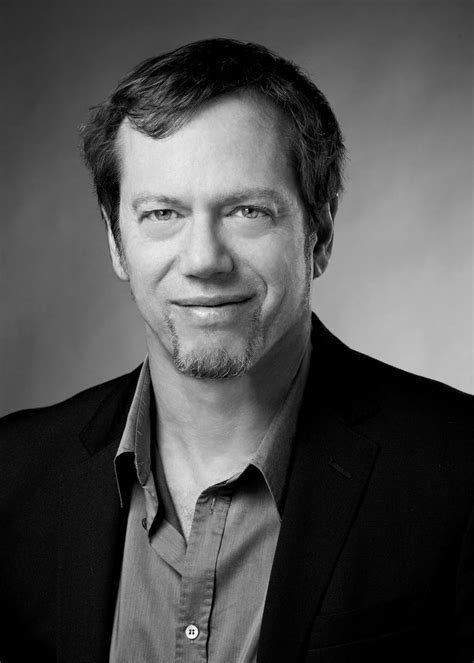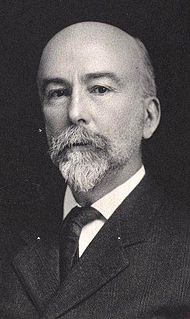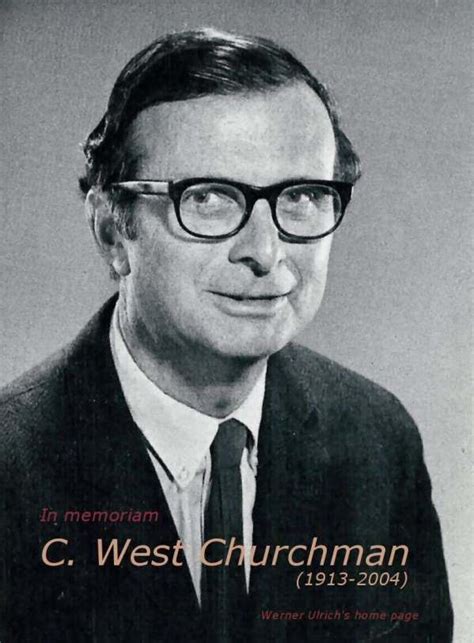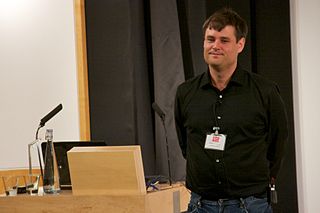A Quote by Michael Shermer
Science is a set of methods designed to describe and interpret observed or inferred phenomenon, past or present, and aimed at building a testable body of knowledge open to rejection or confirmation.
Related Quotes
Good science requires distinguishing between "felt knowledge" and knowledge arising out of testable observations. "I am sure" is a mental sensation, not a testable conclusion. Put hunches, gut feelings, and intuitions into the suggestion box. Let empiric methods shake out the good from bad suggestions.
When every fact, every present or past phenomenon of that universe, every phase of present or past life therein, has been examined, classified, and co-ordinated with the rest, then the mission of science will be completed. What is this but saying that the task of science can never end till man ceases to be, till history is no longer made, and development itself ceases?
Intellect begins with the observation of nature, proceeds to memorize and classify the facts thus observed, and by logical deduction builds up that edifice of knowledge properly called science? But admittedly we also know by feeling, and we can combine the two faculties, and present knowledge in the guise of art.
The very foundation of our science is only an inference; far the whole of it rests an the unprovable assumption that, all through the inferred lapse of time which the inferred performance of inferred geological processes involves, they have been going on in a manner consistent with the laws of nature as we know them now.
Whether or not science can be applied to that mental construct [i.e. the designed entity] is a matter of availability. If there is body of scientific knowledge that can be applied, then it would be foolish not to exploit it. However, if there is none, it does not mean that the thing cannot be designed, made, and used safely.
We have overwhelming evidence that available information plus analysis does not lead to knowledge. The management science team can properly analyse a situation and present recommendations to the manager, but no change occurs. The situation is so familiar to those of us who try to practice management science that I hardly need to describe the cases.
It is indeed strange that with all the knowledge we have gained in the past hundred years we preserve and practice the methods of an ancient and barbarous world in our dealing with crime. So long as this is observed and exercised there can be no change except to heap more cruelties and more wretchedness upon those who are the victims of our foolish system.
Knowledge signifies things known. Where there are no things known, there is no knowledge. Where there are no things to be known, there can be no knowledge. We have observed that every science, that is, every branch of knowledge, is compounded of certain facts, of which our sensations furnish the evidence. Where no such evidence is supplied, we are without data; we are without first premises; and when, without these, we attempt to build up a science, we do as those who raise edifices without foundations. And what do such builders construct? Castles in the air.




































